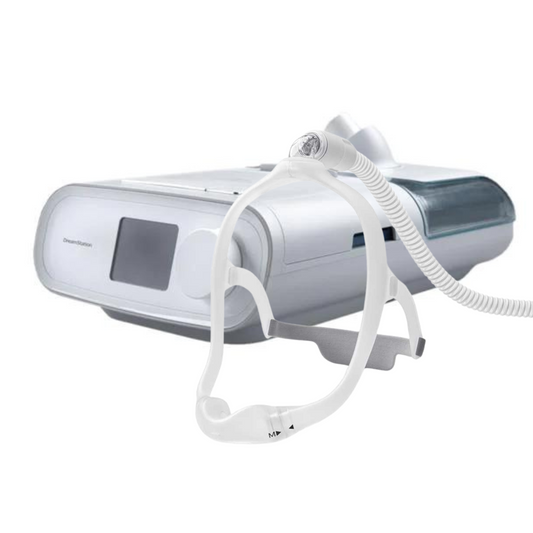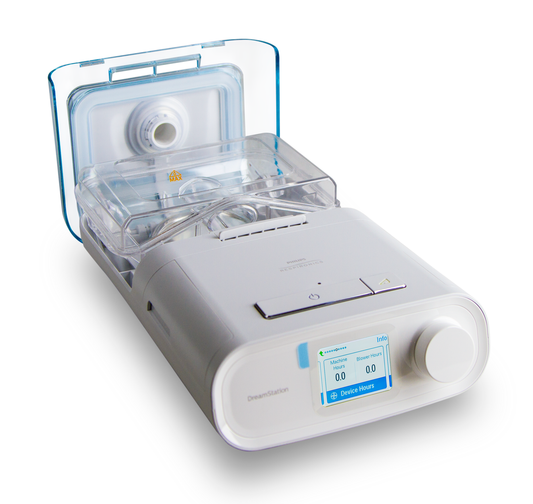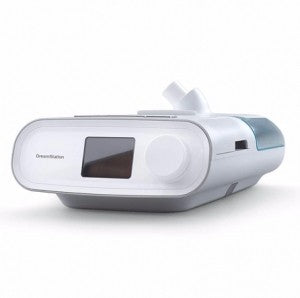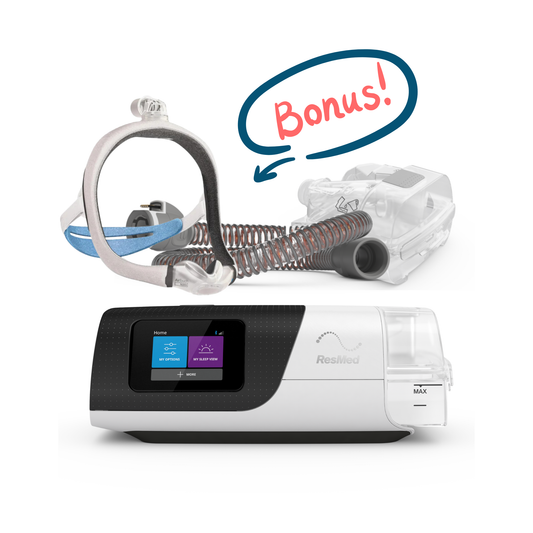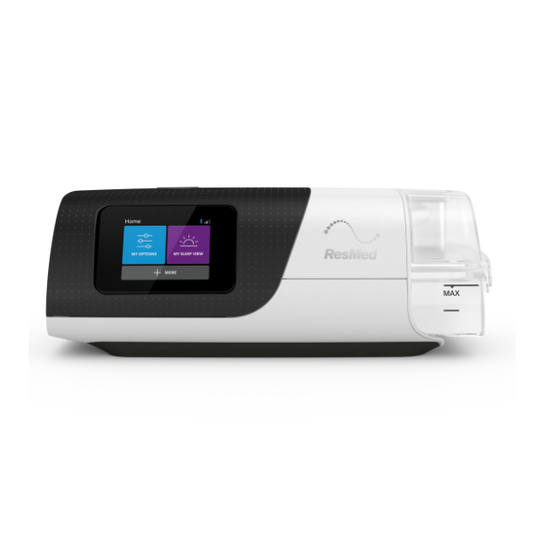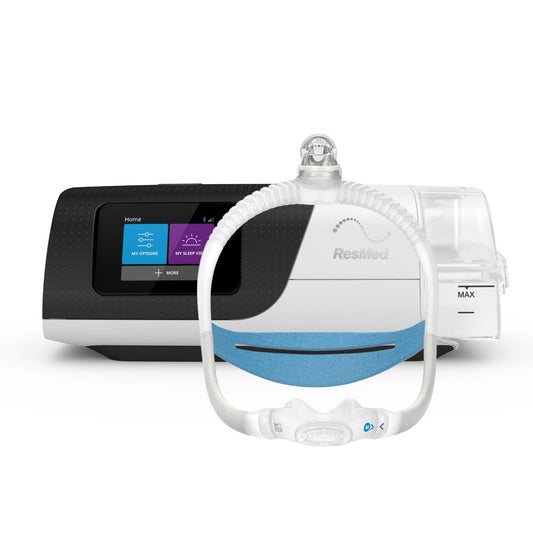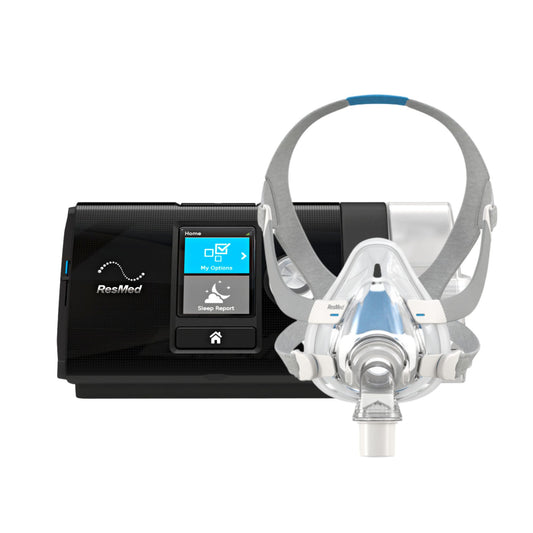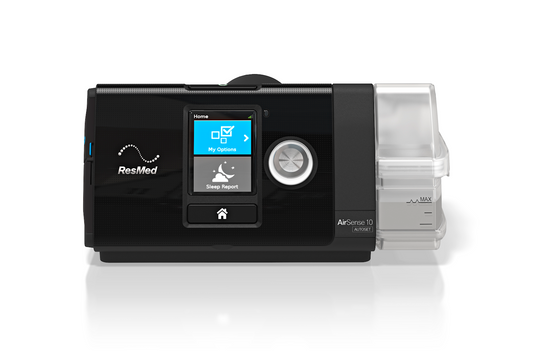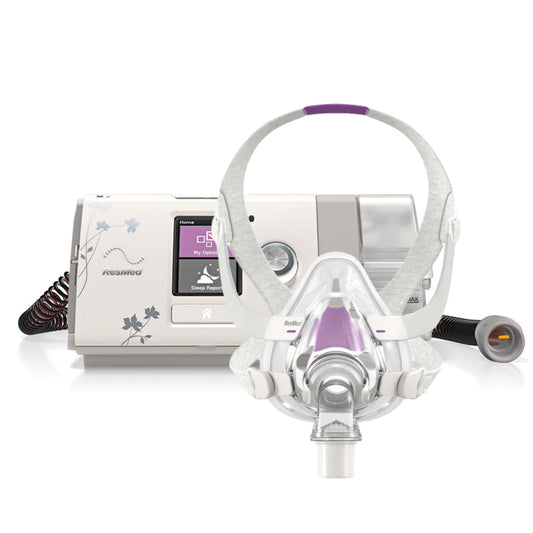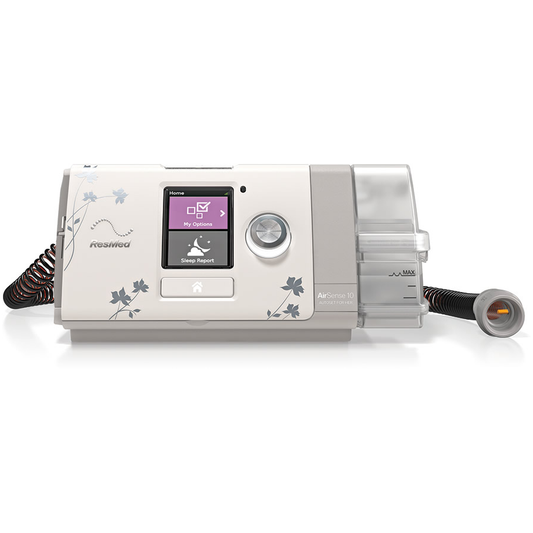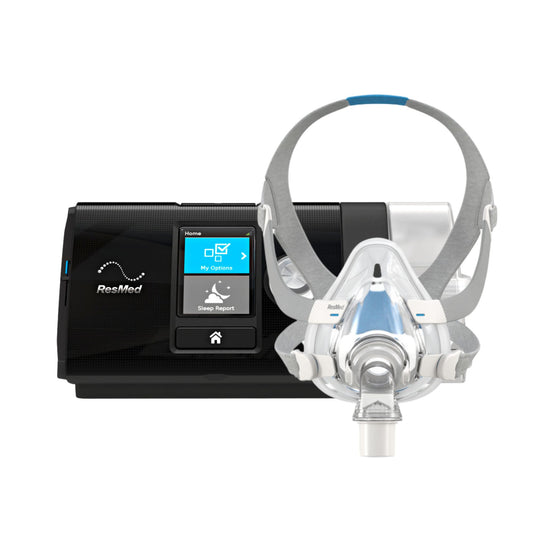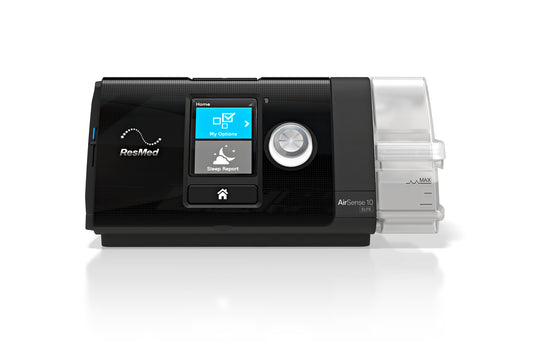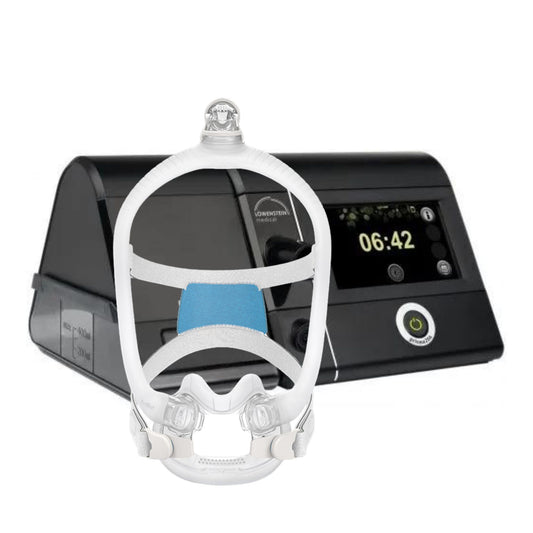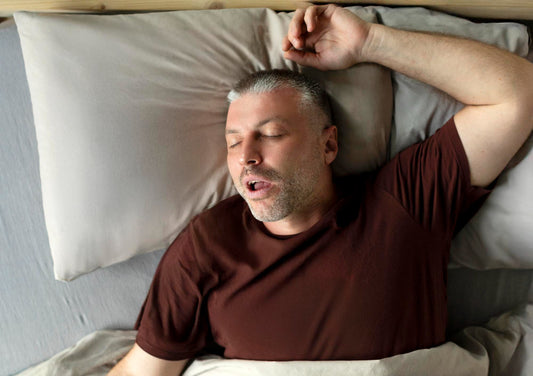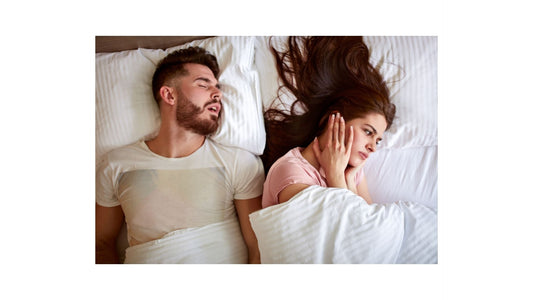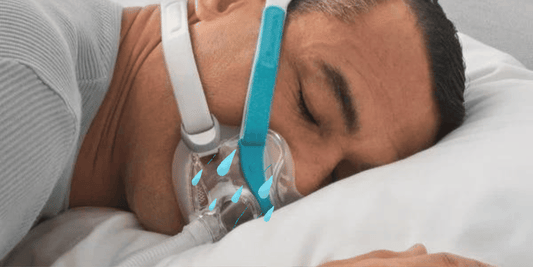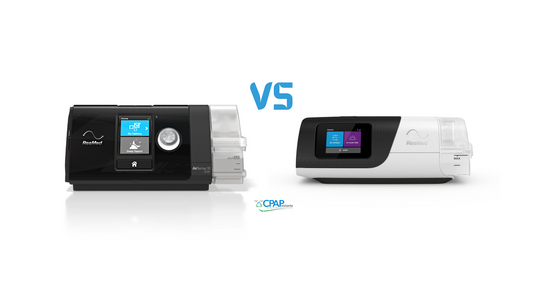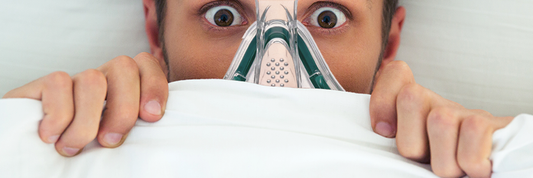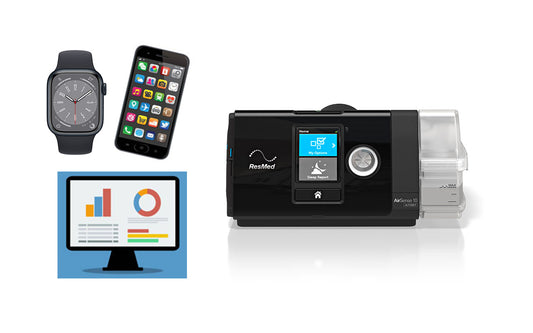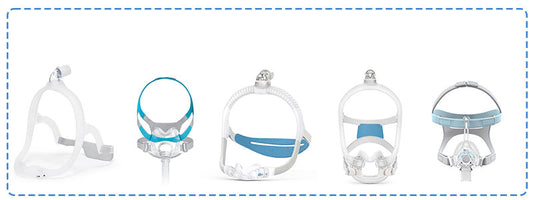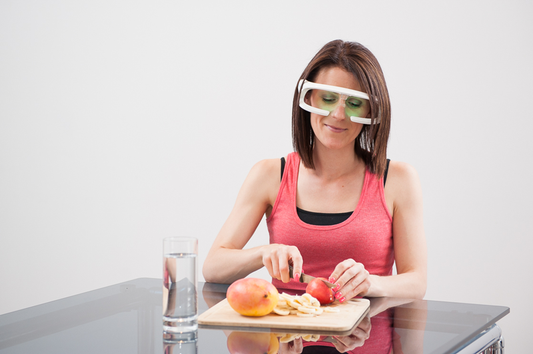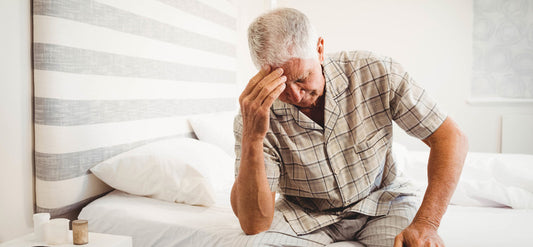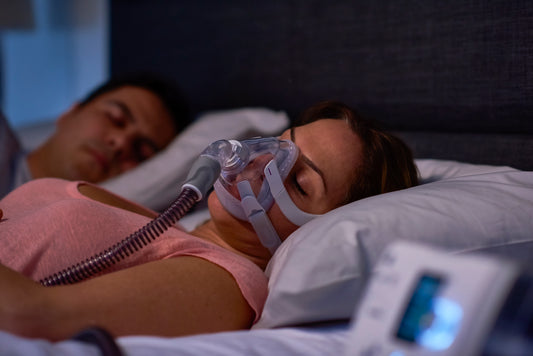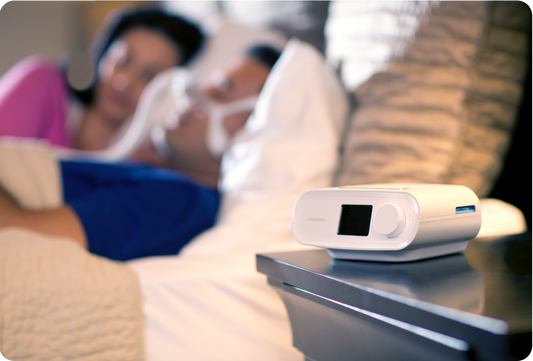Unless you have been diagnosed with a sleep disorder or sleep apnoea as in obstructive sleep apnoea (OSA), having a restful and peaceful sleep should not be a problem. But if it, surely there is nothing more exasperating than tossing and turning in bed not only for you but for your bed partner as well. It just seems like so many things are going on in your mind. Real and imaginary night noises keep you wide awake. Are there things that you can do to make you sleep better at night? Yes there are. Called Sleep Hygiene, these tips can help you sleep better at night.
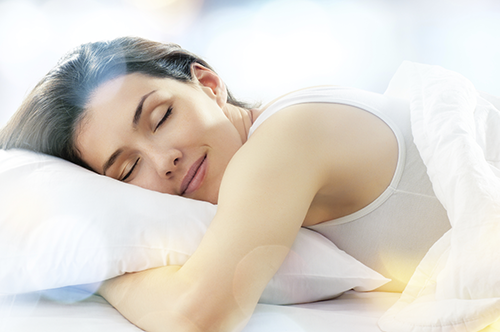
• Sleep only when you feel sleepy. This practice will decrease the time you lie awake in bed.
• If you can’t fall asleep after 20 minutes, get up from bed and do something that is so boring you’d fall asleep. You can try sitting quietly in the dark or read something about quantum physics but make sure the light is not as bright so as to cue your brain to stay awake.
• Avoid taking naps as doing so ensures that you are tired at bedtime. If you cannot avoid napping, make sure you do so before 3:00 pm and less than an hour.
• Go to bed and get up from bed the same time every day. This routine should be observed even on weekends and holidays to make the sleep cycle pattern regular.
• Try to avoid exercise or any strenuous activity four hours before bedtime. Exercising helps you to sleep better at night but timing is important. It is best to exercise in the morning or early afternoon to help you sleep better.
• Use your bed for sleeping (and you-know-what), and not as a couch for watching TV, reading a book, Facebooking, working and such.
• Try to develop “rituals” before going to sleep. You may want to listen to soothing music, sit in a comfortable chair to do some reading, have a glass of milk or a cup of decaf tea or coffee, and do some light stretching and such before going to sleep. In connection, you should refrain from drinking caffeinated and alcoholic drinks and nicotine at least four hours before bed time.
• If you must, have a slight snack before going to bed. An empty stomach will affect your sleep. A too full stomach before bedtime will likewise interfere with your sleep. A glass of warm milk contains tryptophan which is a natural sleep inducer.
• A nice hot bath at least 90 minutes before going to sleep will raise your body temperature. The proceeding drop in body temperature will naturally leave you feeling quite sleepy.
• Check that the bedroom’s temperature is comfy and snug. A hot room is extremely uncomfortable. A cooler bedroom is alright as it is easy enough to stay warm with blankets. If the early morning sun bothers you, use a thick drape to shut the sun out. If the room is too noisy, use earplugs or get one of those white noise machines.
Still can’t sleep? Maybe it’s time to consult with your physician to determine if you have sleep disorder or sleep apnoea.
